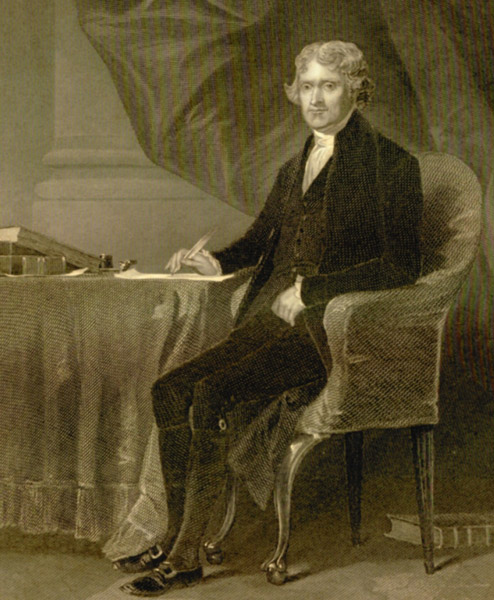The dreaded first paragraph

It’s safe to say that the worst part of writing any story, article, essay, or really any piece of writing is the first paragraph. That frustrating moment that forces you to condense your thoughts into one cohesive bundle that is both intriguing and accurate is what makes or breaks the writing process.
The first paragraph may be the only thing your audience will read, which means that I may have already lost a large portion of my audience. If the hook isn’t strong enough or isn’t interesting, you’ll lose attention; however, you don’t want to mislead just to get attention.
It isn’t necessarily the task of grabbing an audience that makes the first paragraph awful; the topic will largely decide whether they read it or not. What makes it awful is the weight of this task. Writers are so stressed about the importance of that opening statement that they struggle gathering their thoughts.
So how would one combat this problem and write a killer hook? Isn’t this the goal of every writer? The ability to write a good hook is one thing that divides poor writers from good writers. So how does one jump that gap?
When you know what you’re writing about, the best thing to do is to go over the information that you know. If possible, make an outline to organize your thoughts into chunks that can become your core paragraphs. If you really need to, write the body paragraphs before you write the first paragraph.
Once your thoughts are organized and no longer just abstract entities floating around in your brain space, it should be much easier to make a statement that conveys the central ideas of the story.
If the problem isn’t about organizing thoughts, but rather about figuring out what it is you want to write, you’re going to have a bit more of a problem.
First ask yourself if you have any sort of idea what you want to talk about. If you have a topic but no idea how to approach it, consider any and all perspectives. When you decide which perspective you want to approach it from, go from there. You could also write about all the perspectives in an informative rather than argumentative approach.
In the case that you don’t have any sort of direction, but you know that you want to or need to write, consider yourself. Ponder your core beliefs. Think of topics that excite you. Let your passions drive your story.
If you still are having troubles deciding what to write about, if you still can’t convince yourself to put the first word on the page, consider the arguments of nature. Freedom vs safety, chaos vs order, past vs future, etc. There are all sorts of debates that have no right answer. Choose one and give yourself the challenge of answering one of them.
Hopefully at this point you have something on the page. That’s really the hardest part. Once you have something, just go from there. If needs be, you can always go back and change it. The great part about writing is that it’s free to edit and change as much as you, the author, want.
The first paragraph is the worst part of the writing process, but it’s the mountain that separates the practiced writer from the practicing writer. Don’t let it defeat you.

I'm an avid writer, working for both the Standard-Examiner and the Dart. I hope to become an Actuary. I'm the director of the Bread and Cheese club, make...























